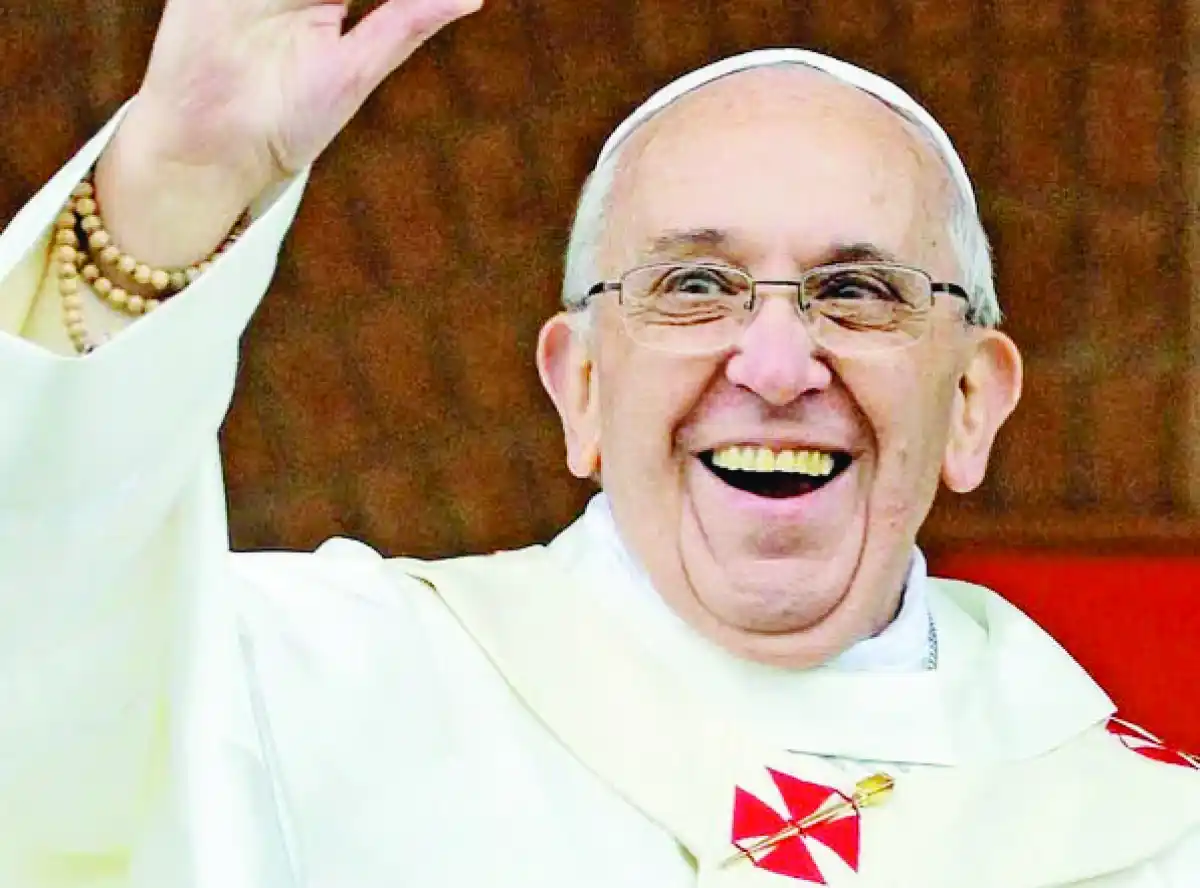
A historic papal autobiography offers unique insights into the challenges faced by the leader of the Catholic church, but skates over scandals
At 88 years of age, Pope Francis is the oldest pontiff for more than a century.
Yet, after major surgery in 2023, and persistent knee problems that require the use of a wheelchair, he shows no sign of calling it a day.
Now, he has decided that an autobiography, originally planned to be published after his death, should come out to coincide with the Jubilee year he has called for the Catholic Church in 2025.
As the first ever memoir by a sitting pope, Hope is a publisher’s dream, with a rich backstory culminating in Francis’s election in 2013.
It recounts how, as Jorge Bergoglio, grandchild of Italian immigrants to Argentina, he grew up in a sprawling family, loved football and the tango (which he calls “an emotional, visceral dialogue that comes from afar, from ancient roots”), studied chemistry, then joined the Jesuit order and became a priest.
Any conclave – as those who have watched the recent movie will know – is dramatic, but the 2013 papal election was particularly so. Although Bergoglio came second in 2005 when Benedict XVI was elected, most people had either forgotten or assumed the cardinals would choose someone younger, and not a man from the other side of the world.
But rather than that historic moment, Francis begins with his grandparents and father emigrating from Italy to Argentina in the 1920s, after narrowly avoiding getting on board a ship that subsequently sank.
He is not so much pointing out that he nearly did not exist as identifying, via his own family history, with the struggles and tragedies that so many migrants face. This empathy has shaped his papacy, and he has regularly criticised what he sees as governments’ heartlessness about migration.
Christian care for those in need is a constant refrain in Hope, from migrants to those suffering the effects of ecological destruction, poverty, or what he calls “the globalization of indifference”.
“Peace will never result from the building of walls,” he says. President-elect Trump take note.
But there is plenty that is frustratingly not explained here. About halfway through the memoir comes Francis’s account of his election as pope and a visit he made soon after to see his predecessor, Benedict XVI. A photograph is included of the pair sitting either side of a large white box. There was speculation at the time about what might be in it, but no definitive account.
“Everything is in here,” Francis recalls Benedict telling him, and then writes that it contained “documents relating to the most difficult and painful situations: cases of abuse, corruption, dark dealings, wrongdoings”.
But there is no more about them.

The scandals have not let up since Francis took the helm. He skates over the row he caused in 2018 when he allowed a bishop accused of covering up for a sexual abuser to celebrate Mass with him in Chile (the bishop concerned denies having known about the abuse).
Nor does he explain how he was unaware of accusations of sexual misconduct against the American cardinal Thomas McCarrick until 2018, despite reports of them to the Vatican.
Other, more personal insights are missing, too. Why, for example, did the rather rigid, conservative Bergoglio, who was seen to be such a problem by the global head of the Jesuits that he was “exiled” to the provinces, return two years later to Buenos Aires as the reforming figure he remains today?
Nor is there a full explanation of what happened regarding two fellow Jesuits, tortured by the junta, that he has been accused of failing to help when he was leader of the order in Argentina, although he says “I tried everything”.
And why is it that this pope – who has spoken with compassion about the divorced, has reached out a hand of friendship to gay people, and has urged the laity have a far greater role in the church – won’t countenance female priests?
“We must move forward,” he says about involving women more in managing the church, but has no satisfactory explanation regarding priesthood.
Yet for all the omissions, this is a book that offers something remarkable: the story of a man, sometimes beset by melancholia, coping with conflict between traditionalists and liberals, well aware of the world’s troubles and humanity’s flaws, yet full of hope, a hope founded on faith.
He is one of the most influential leaders of our time, but still seems rooted in ordinariness; one section of the book is devoted to jokes (one was told to him by Justin Welby: “What is the difference between a liturgist and a terrorist? With the terrorist you can negotiate.”)
He knows humour is an antidote to human misery – and so is a hopeful faith. He writes: “We must not stumble upon tomorrow, we must build it”. —GUARDIAN UK


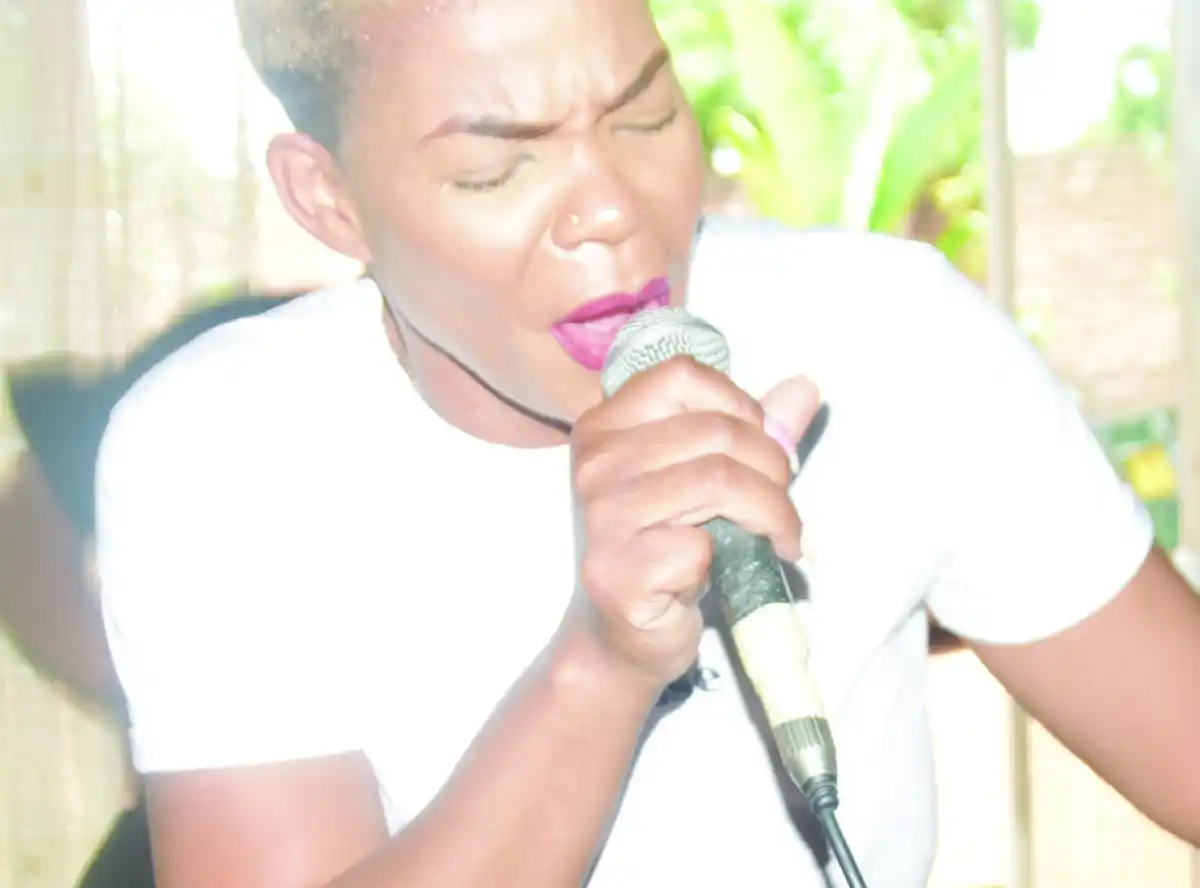
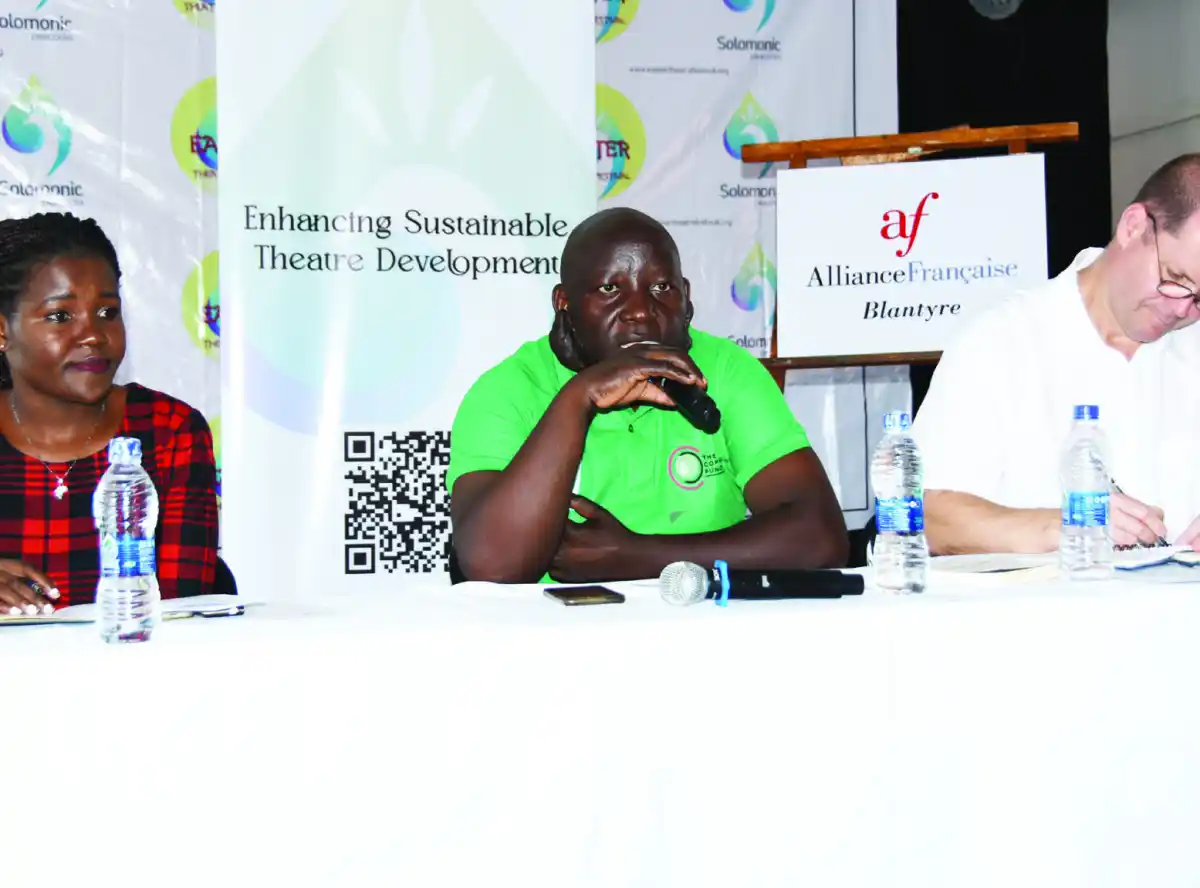
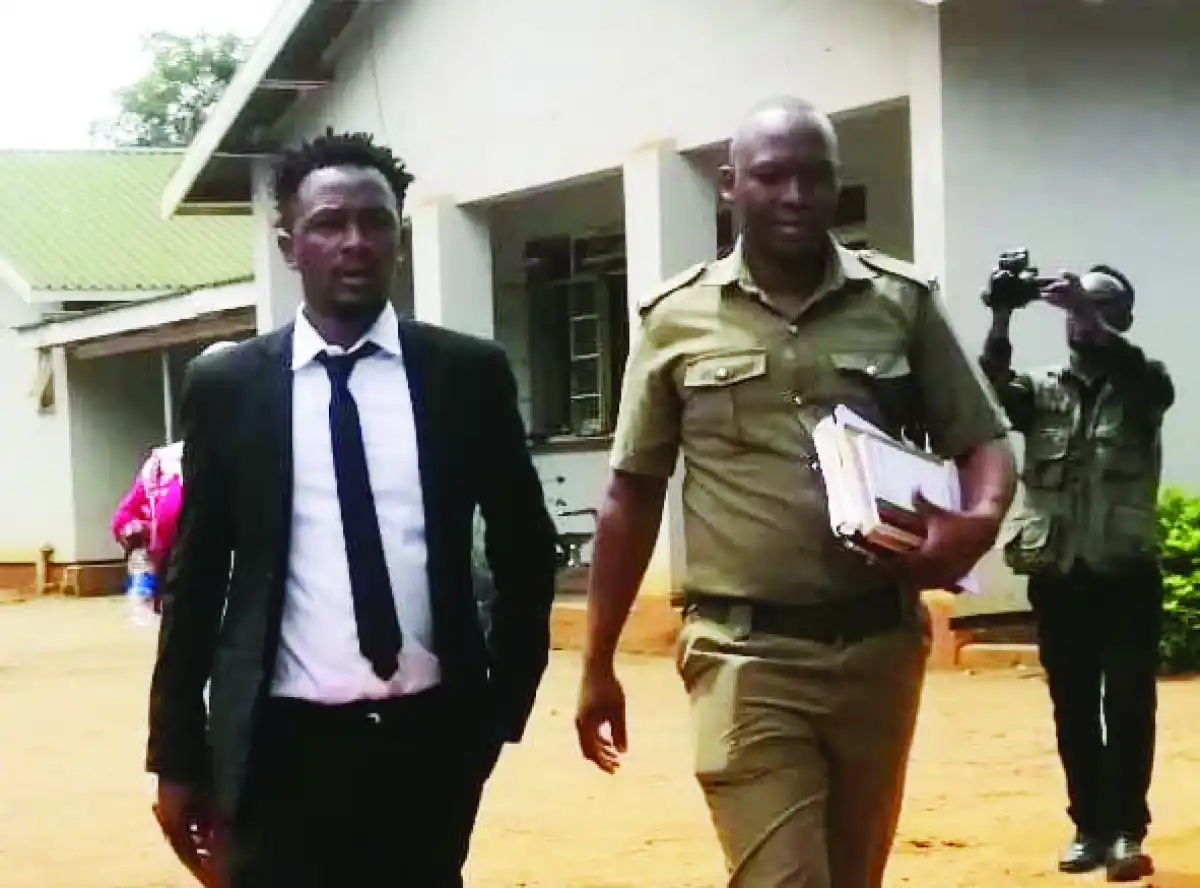

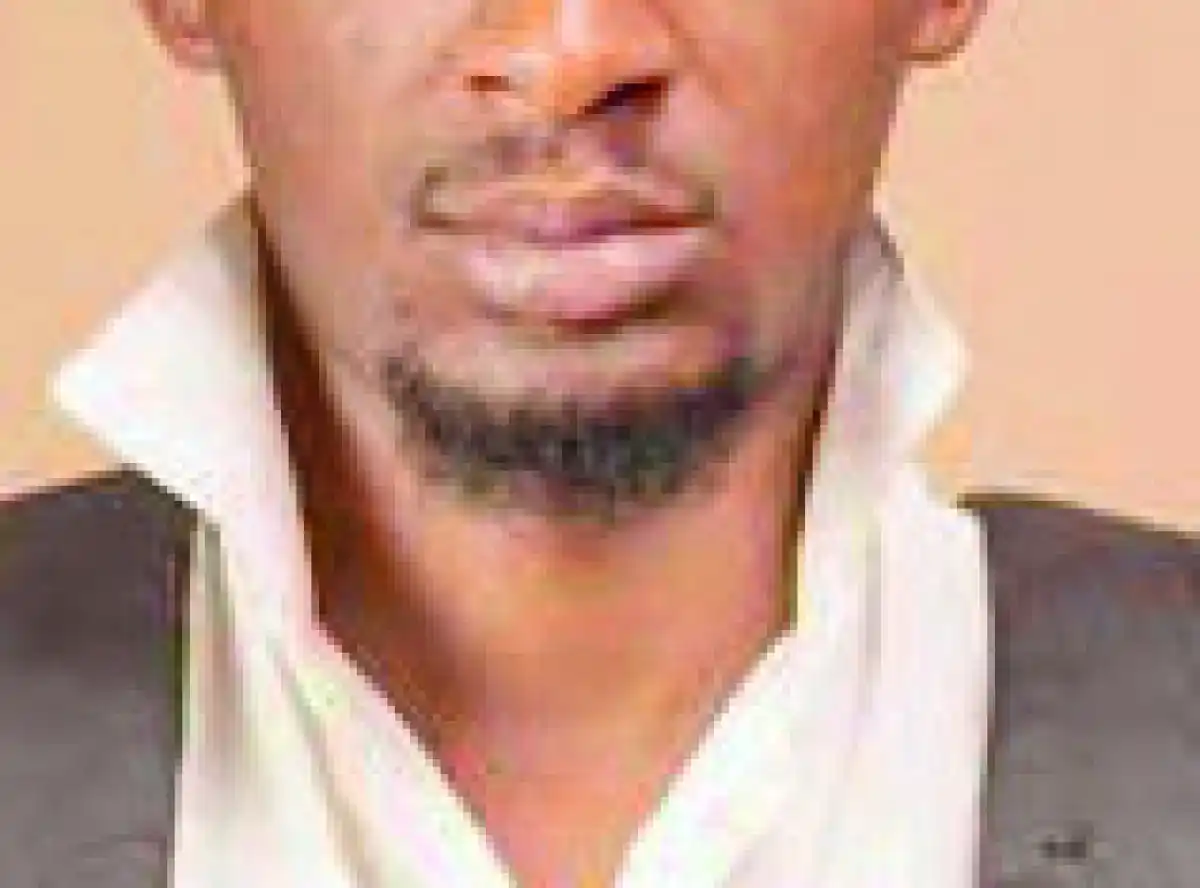
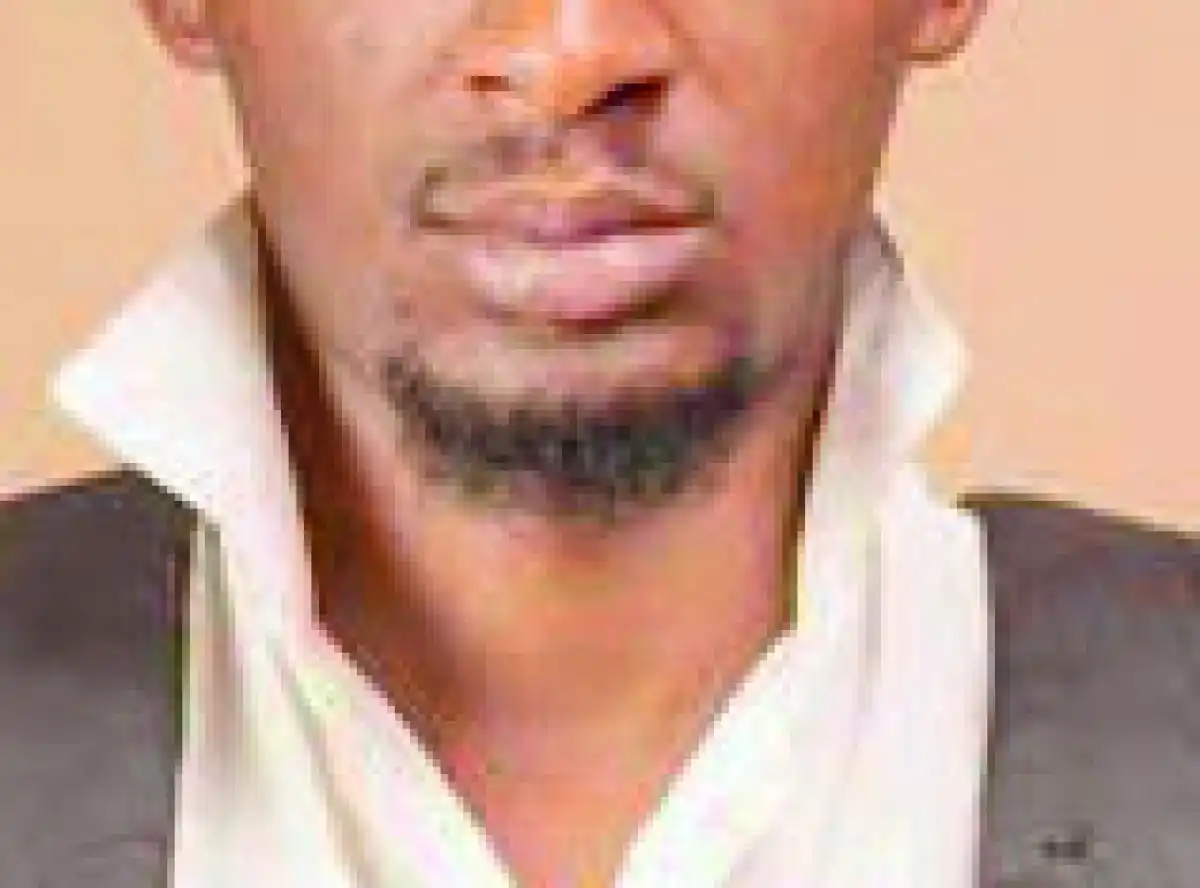
0 Comments